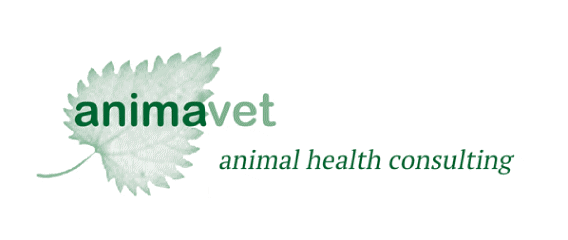
Christine King BVSc, MANZCVS (equine), MVetClinStud
White crows
studying health to understand disease
This article is about an interesting anomaly that is occasionally encountered in the horse world: the healthy senior athlete. Over the course of my career I have come across a handful of horses who are in their late twenties and still healthy, energetic, and in work. I’m not talking about the poor old broodmare who is expected to keep pumping out foals until she drops. These are horses who are glowing with health and vitality, and still doing fourth level dressage, eventing, etc. Granted, they’re not competing at the level or intensity they did 20 years ago, but even so, to be in any sort of athletic training beyond 20 is remarkable.
Almost invariably, the horse’s owner, trying to suppress a grin, would ask me something like “How old do you think this horse is?” I would reply that, from the outside, he looks to be in his late teens; but when I’d take a look at his teeth, I’d usually gasp and say “Just how old is he?!” The horse would turn out to be 29 or some astonishing figure like that.
Psychologist William James coined the term “white crows” for things in life that don’t fit what we expect — such as a horse still training and competing in his late twenties. I, too, am fascinated by these and other such anomalies. I’m not alone (but alas still in the minority) in thinking that we should be studying the healthy, not the diseased, to really understand health and disease. Why is it that some individuals do not succumb to the usual infectious or degenerative diseases that plague the rest of us? What is it that makes them different from all the rest?
I’ve pondered this question quite a bit over the years, and while I still don’t have a definite answer, I think I’m a little closer to a clue than I used to be. With the healthy senior athletes, I think it comes down to three key factors:
- good genetics
- good diet and management
- being loved and cherished
Good genetics
I don’t know whether there is a “longevity” gene. Even if there is, I think there’s more going on in these horses than merely a genetic code for long life. These horses aren’t just old; they’re well. Evidently, they either lack the genes which code or allow for degenerative diseases to develop, or there are other factors at play that are keeping those “bad” genes from being expressed.
It used to be thought that our genes control our destiny. Turns out that’s only partially true. Many different factors — physical, mental, emotional, and spiritual — dictate how our cells function and what messages from our inherited genetic code are heard and acted upon. (“The Biology of Belief” by cell biologist Bruce Lipton, PhD, is a fascinating look at this subject if you’re interested in reading more about it.) So, while we cannot change the genetic code of our senior horses, it seems that we can influence how some of their genes behave and what effect they have on the horse’s health and well-being.
Good diet and management
It should go without saying that good diet and management are essential for good health and career longevity. I’ve discussed the horse’s diet at length in other articles, so all I’ll say here is that the senior horse’s nutritional requirements are a little different from those of a younger adult horse. In particular, most senior horses need a slightly higher protein content, a high quality protein source (i.e., no byproducts), slightly higher phosphorus content, extra vitamin C, and loads of antioxidants.
Senior horses can also be less efficient at processing dietary fiber, so the addition of a digestive aid which helps the intestinal microbes thrive and do their job can be of benefit. In horses with healthy digestive tracts I may simply add some dried brewer’s yeast to the diet.
I’ve also discussed management in earlier articles, so let me just reiterate that management includes healthy social bonds, in addition to housing, footing, turnout, exercise, and so forth. For a herd species such as the horse, belonging is essential for mental and emotional health, and thus for physical health.
Being loved and cherished
The third item on the list is one that is often undervalued or completely disregarded. Being cherished is one of the common denominators I’ve found in the healthy senior athletes I’ve met, and I believe it’s just as important as genetics, diet, and management. We thrive when we are loved and cherished, not just valued for what we can do. I believe the same is true for animals, particularly those we’ve chosen to interact with closely.
So, if you happen to own one of these amazing horses, then rejoice! Love and cherish your “white crow,” take great care of him or her, and enjoy every single day you have with them.
***
Copyright © 2006 Christine M. King. All rights reserved.
This article was first published in Northwest Horse Source (www.nwhorsesource.com).